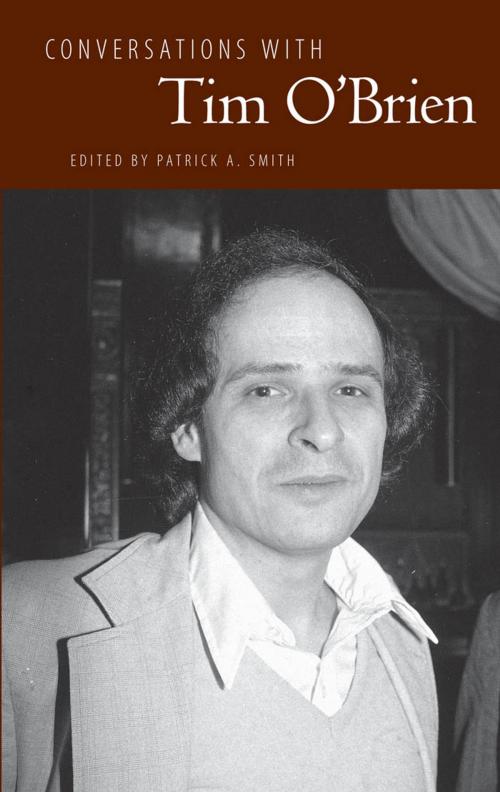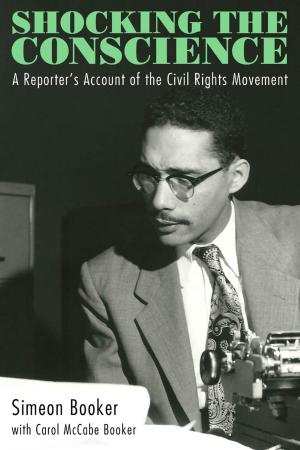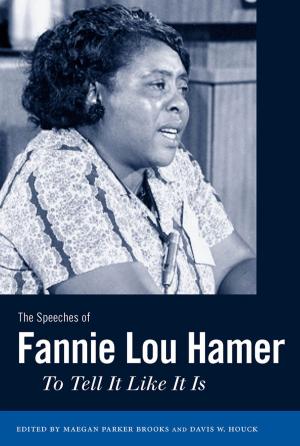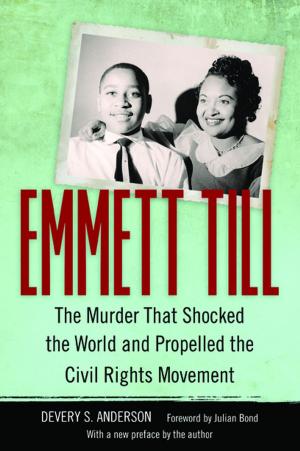Conversations with Tim O'Brien
Fiction & Literature, Literary Theory & Criticism, American, Nonfiction, Entertainment, Drama, Anthologies, Biography & Memoir, Literary| Author: | ISBN: | 9781617036798 | |
| Publisher: | University Press of Mississippi | Publication: | October 22, 2012 |
| Imprint: | University Press of Mississippi | Language: | English |
| Author: | |
| ISBN: | 9781617036798 |
| Publisher: | University Press of Mississippi |
| Publication: | October 22, 2012 |
| Imprint: | University Press of Mississippi |
| Language: | English |
On the strength of a National Book Award for his novel Going After Cacciato (1978) and a widely acclaimed short-story cycle, The Things They Carried (1990), Tim O'Brien (b. 1946) cemented his reputation as one of the most compelling chroniclers of Vietnam--and, in the process, was cast as a "Vietnam writer." But to confine O'Brien to a single piece of ground or a particular style is to ignore the broad sweep of a career spanning nearly four decades.
In addition to detailed discussions of all of O'Brien's work--a memoir, If I Die in a Combat Zone (1973), and seven books of fiction--the sixteen interviews and profiles in Conversations with Tim O'Brien explore common themes, with subtle differences. Looming large is the experience of Vietnam and its influence as well as O'Brien's youth in Minnesota and the expectations of a Midwestern upbringing. Interviews allowed the writer to fully examine the shifting boundaries of truth and identity, memory, and imagination in fiction, the role of war in society; gender issues; and the craft of writing. O'Brien approaches each of these topics and a host of others with a directness and an evident passion that will resonate with both readers and prospective writers.
On the strength of a National Book Award for his novel Going After Cacciato (1978) and a widely acclaimed short-story cycle, The Things They Carried (1990), Tim O'Brien (b. 1946) cemented his reputation as one of the most compelling chroniclers of Vietnam--and, in the process, was cast as a "Vietnam writer." But to confine O'Brien to a single piece of ground or a particular style is to ignore the broad sweep of a career spanning nearly four decades.
In addition to detailed discussions of all of O'Brien's work--a memoir, If I Die in a Combat Zone (1973), and seven books of fiction--the sixteen interviews and profiles in Conversations with Tim O'Brien explore common themes, with subtle differences. Looming large is the experience of Vietnam and its influence as well as O'Brien's youth in Minnesota and the expectations of a Midwestern upbringing. Interviews allowed the writer to fully examine the shifting boundaries of truth and identity, memory, and imagination in fiction, the role of war in society; gender issues; and the craft of writing. O'Brien approaches each of these topics and a host of others with a directness and an evident passion that will resonate with both readers and prospective writers.















